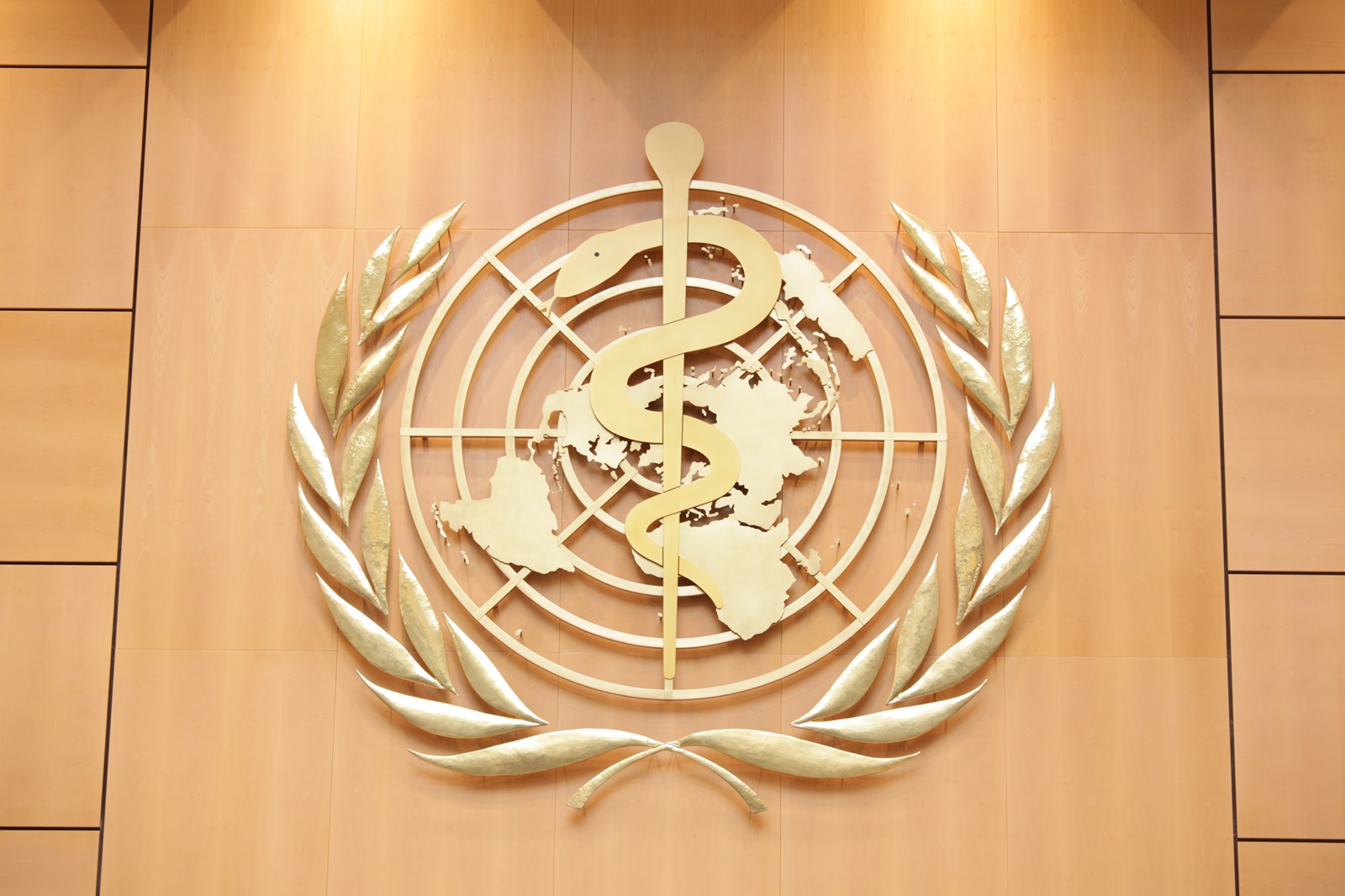International
WHO calls an emergency meeting on Mpox

The World Health Organization (WHO) recently convened an emergency meeting to address the global spread of Mpox, previously known as monkeypox. This meeting was called due to the increasing number of cases and the potential for further international spread.
Mpox is a viral zoonotic disease that primarily occurs in tropical rainforest areas of Central and West Africa. The disease has been in circulation since 1970, and while most people recover without treatment in just a few weeks, it can be fatal in some cases. The virus is transmitted to humans through close contact with an infected animal or person or with material contaminated with the virus.
The WHO Director-General, Tedros Adhanom Ghebreyesus, expressed concern over the spread of Mpox outside the Democratic Republic of Congo and the potential for further international spread within and outside Africa. He stated that the WHO is working with many partners, including the Africa Centres for Disease Control and Prevention (Africa CDC) and local and international partners, to interrupt transmission.
The mpox virus is spread from person to person through direct contact with rashes, scabs, or body fluids of an mpox-infected person. Prolonged close contact (more than four hours) with the respiratory droplets of an infected person. This includes sexual contact. So transmission is far from simple—just some general precautions—so the need to declare an emergency is not well understood.
Most people have mild mpox and do not need specific treatment, although your doctor may prescribe treatment for symptoms or complications. For example, you may need pain medicines or antibiotics if you develop a skin infection from your rash.
In case of severe mpox or serious complications, she may need antiviral drugs, intravenous (IV) fluids, or other medications. Depending on your situation, you may need treatment in a hospital that can provide the appropriate care or in an outpatient clinic.
The WHO is also considering declaring a Public Health Emergency of International Concern (PHEIC) over the Mpox outbreak. A PHEIC is an extraordinary event that constitutes a public health risk to other states through the international spread of disease and may require a coordinated international response.
The WHO’s response to the Mpox outbreak includes scaling up the response in affected countries, working with partners to interrupt transmission, and considering the declaration of a PHEIC. The organization is also calling for more funding and support for a comprehensive response to the outbreak.






